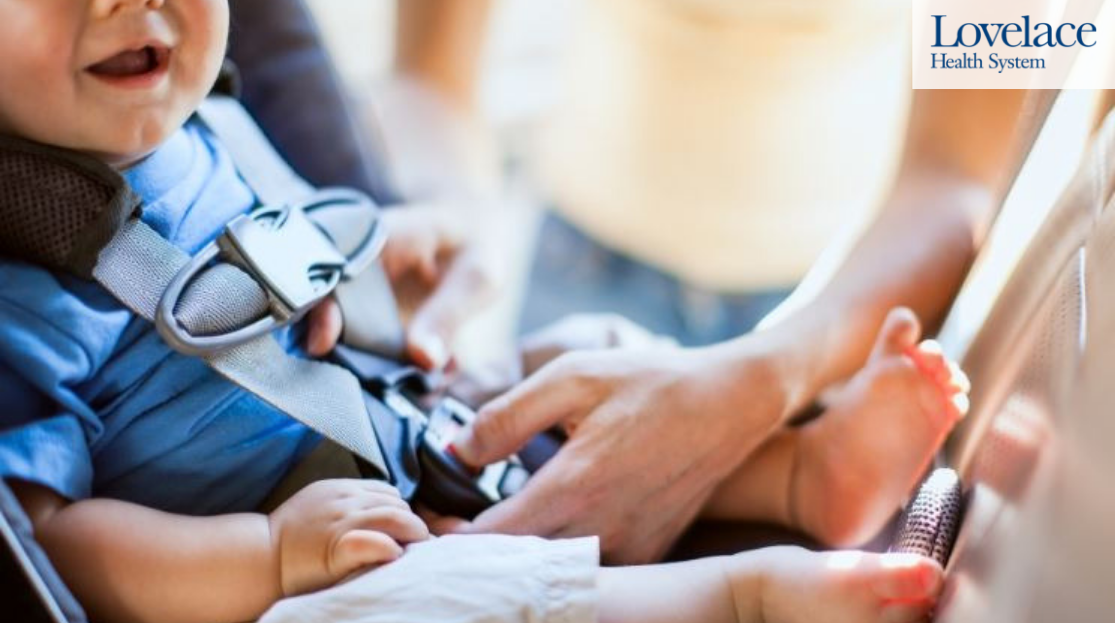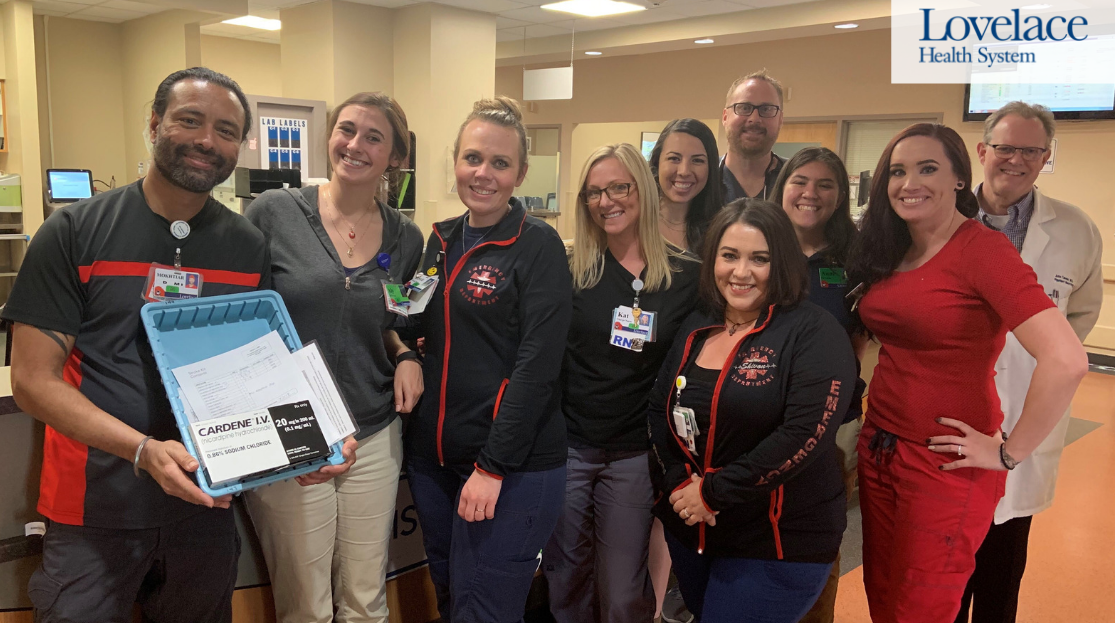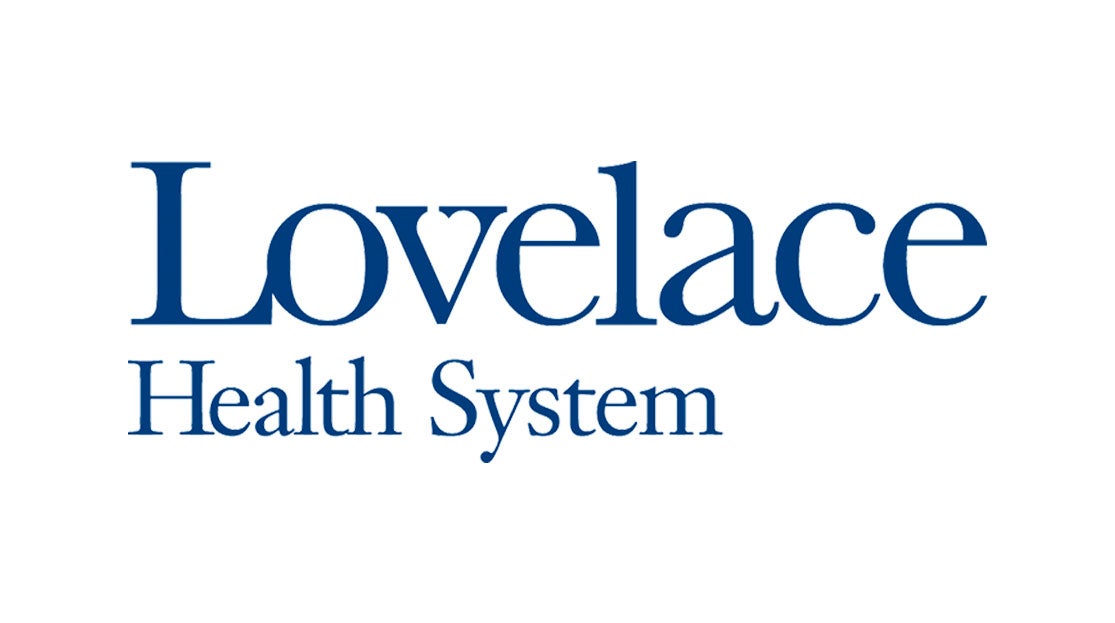
Every year children around the country are put in dangerous situations when they are left inside a vehicle. An average of 38 children die from heat related illnesses after being left inside a vehicle every year. This is usually due to adults forgetting their child, children finding their own way into a car or children being intentionally left in the car.







